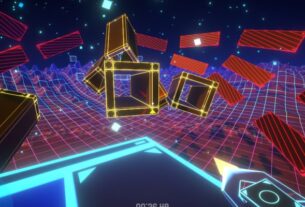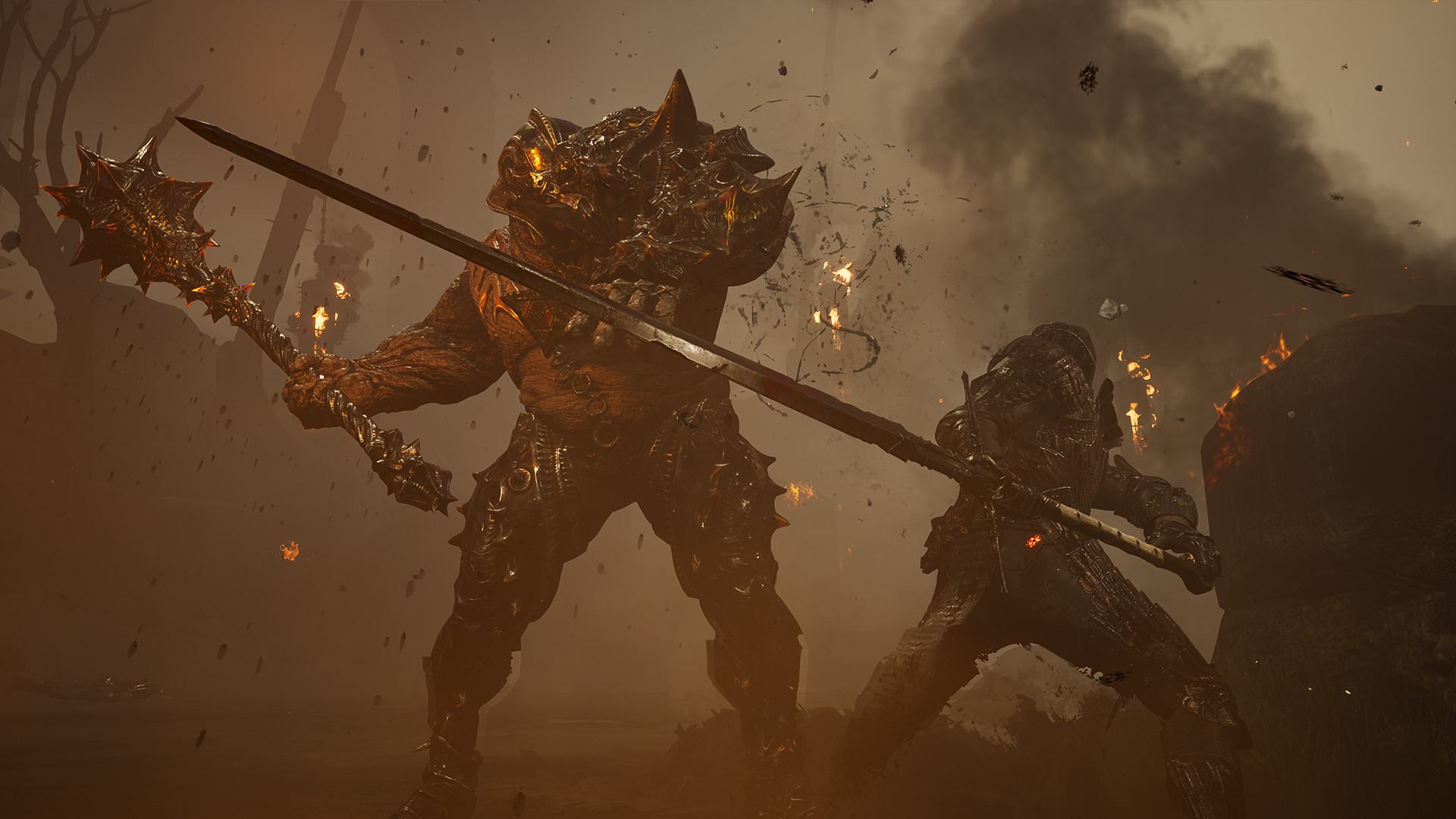
What is it? Challenging and entertaining budget Soulslike.
Expect to pay $30/£25
Developer Cold Symmetry
Publisher Playstack Ltd
Reviewed on Nvidia GeForce 2080 Super, AMD Ryzen 5 3600, 32 GB Ram
Multiplayer? No
Link Official site
It’s fitting that Mortal Shell is about wearing someone else’s skin, given how shamelessly it parades around in the epidermis of Dark Souls. Most ‘Soulslikes’ as they’ve come to be known at least try to dress themselves differently, whether it’s the industrial horror of The Surge or the more Cyberpunkish fantasy of Hellpoint. Not Mortal Shell. It stands proudly in its dinted plate armour, screeching “Come at me bro” with a greatsword slung across its shoulder.
It’s bravery verging on madness to so directly ape one of the most acclaimed games of the last decade, but for a game designed by just 15 people, Mortal Shell fares well in From Software’s nightmare dojo. It understands the appeal of Souls in a way many imitators don’t, while making just enough changes to the formula to lend it a little personality of its own.
Set in the dismal fantasy world of Fallgrim, Mortal Shell puts you in the role of a nameless, skeletal creature arisen from an abyssal plain for purposes that are opaque. Indeed, little about Mortal Shell’s world is clear. Long in decline, it’s a place that hungers for meaning and significance, where memories themselves have become a rare and valuable commodity. The only clarity you receive is provided by a giant trapped in a tower, who asks you to retrieve three “sacred glands” from various points in the world, which contain a hallowed substance known as Nektar. Give him the glands, and in return he’ll give you power.
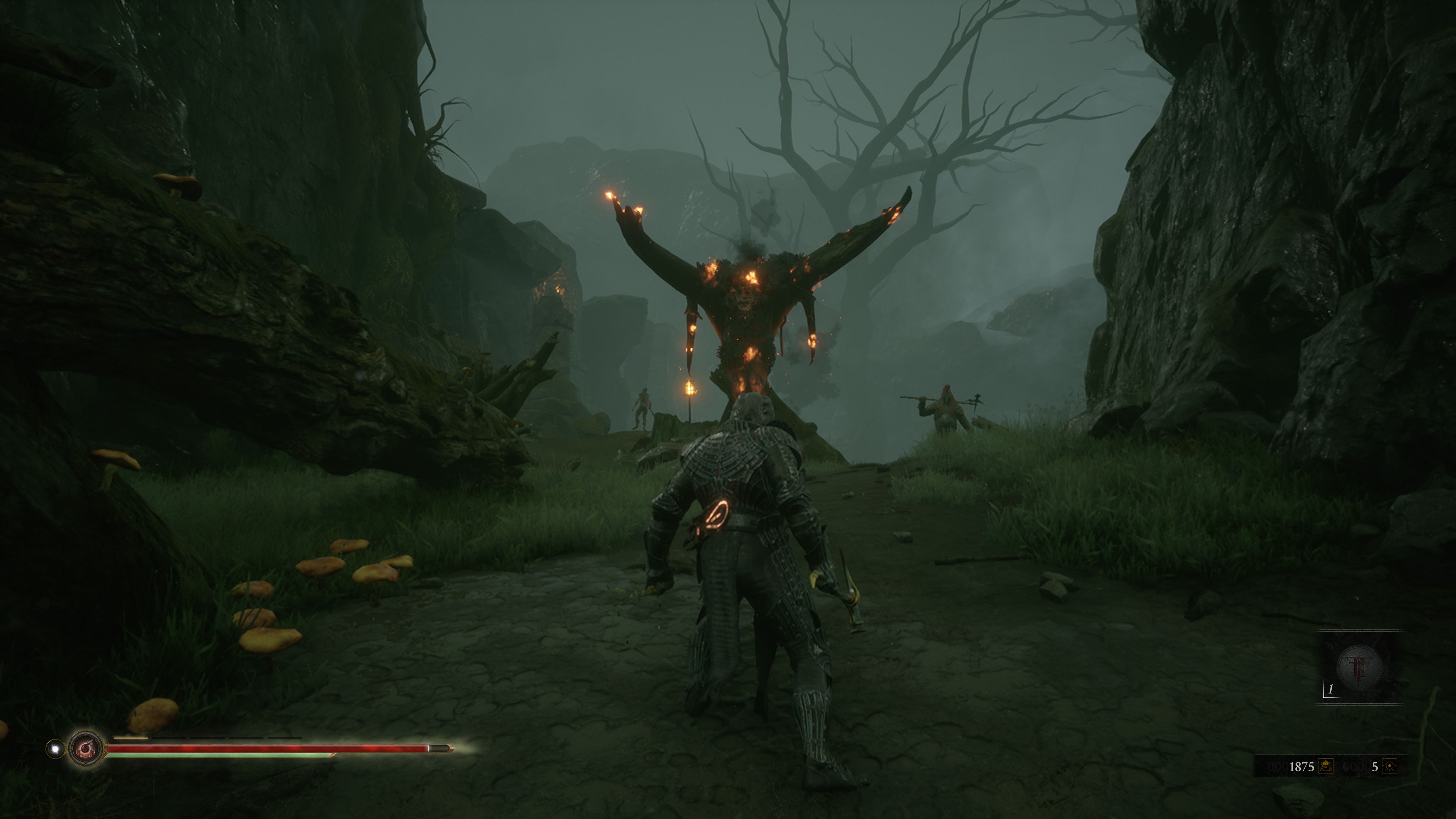
It’s power that you’re going to need. Fallgrim is prowled by all manner of nasty denizens, from cudgel-wielding bandits to berobed giants who try to smash you into pulp with Mjolnir-like hammers. Some of the enemy designs are excellent. I particularly enjoyed the shuffling zombies pin-cushioned with swords. Not only do they pull these swords out to throw at you in an extremely grisly fashion, they have an even more dramatic response to nearing death that makes them tricky to kill without taking damage.
I guarantee players will be attempting “Shell-less runs” within weeks of the game’s launch.
Combat is largely as you’d expect from a game of this ilk, a mixture of light and heavy attacks, blocking, dodging and getting the shit kicked out of you. But there are few key differences that, when combined, have a profound impact on the flow of battle. The first of these is described in the game’s title. In your natural, skeletal form, you’re about as robust as a cardboard box in a tsunami. Luckily for you, there are corpses scattered about the world, deceased warriors who, once discovered, can be possessed and reanimated.
Not only are these mortal shells considerably tougher than you are, they also have different combat specialisations. I spent most of my early game with Eredrim, a fallen Paladin-type who has a health bar longer than his sword, and who deals more damage with every enemy he kills. Later on I switched to Solomon the Scholar. With a neat balance between health and stamina, Solomon specialises in generating Resolve, letting you perform special moves and attacks (scholars being famous for their combat prowess).
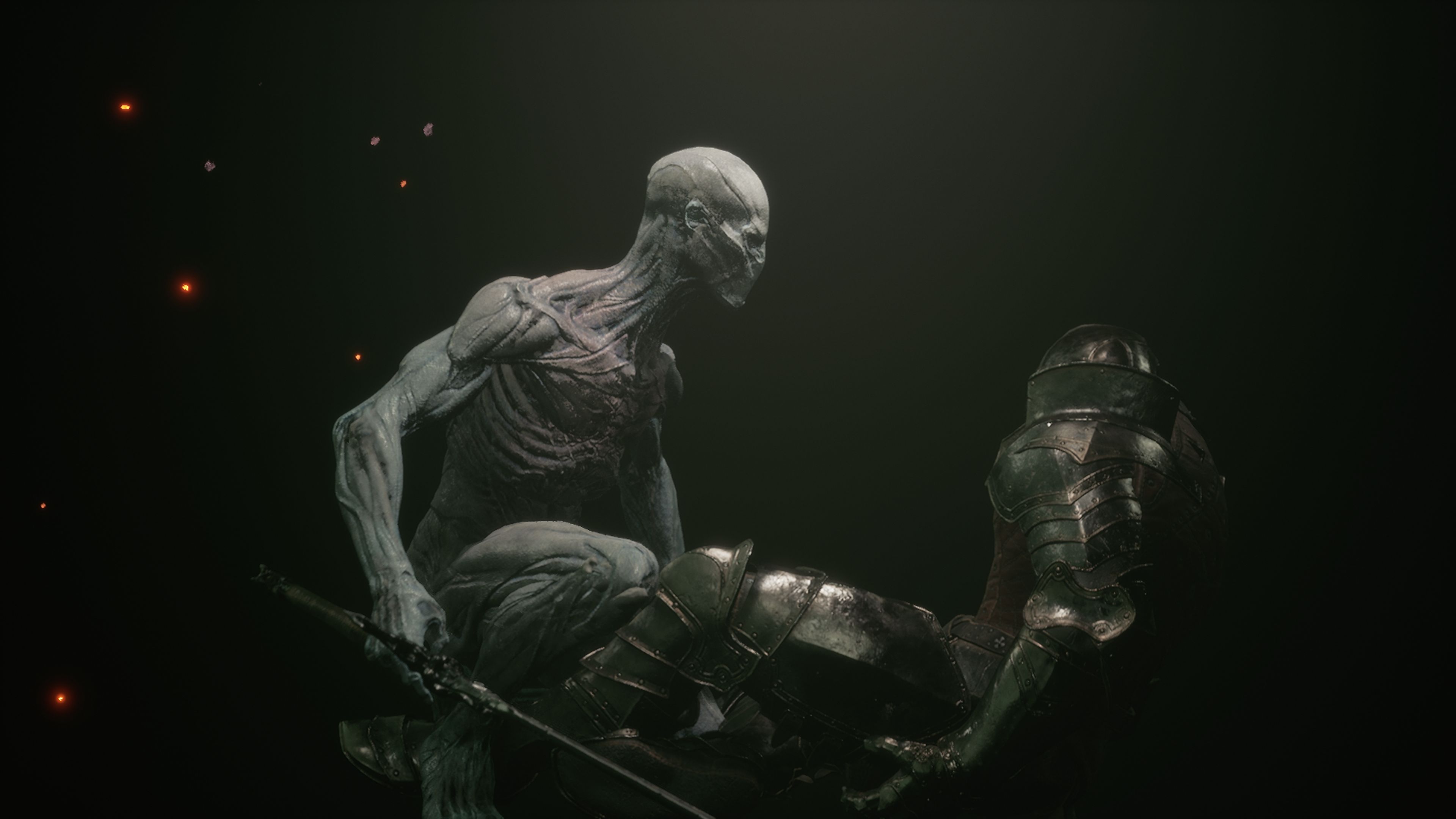
Alongside their role as classes, shells also act as a second life. Being “killed” for the first time after respawning will knock your skeletal form out of your shell. Getting back into it will refill your health entirely, but you can only take one hit in your skeletal form before dying. (You can otherwise fight as normal in this form, and I guarantee players will be attempting “Shell-less runs” within weeks of the game’s launch.) Dying a second time inside your shell is final. This doesn’t make much sense narratively, but combat would be pretty easy if you were essentially invincible.
Whether you prioritise using one Shell or change them as you’d change your underpants, your core abilities always remain the same. Unlike Dark Souls, there’s no block button in Mortal Shell. Instead, you have the ability to “Harden”, turning yourself into stone and temporarily deflecting all damage. If this just sounds like pretentious blocking to you, there are a couple of important differences. Firstly, hardening doesn’t cost you any stamina, but is temporary and takes a few seconds to recharge after use. Secondly, you can “Harden” at any point during combat, even halfway through a dodge or attack. This can be used to perform feints, to wind up attacks so that they’re more likely to land, or to prevent damage from immediate enemy counters.
Hardening is Mortal Shell’s most unique combat feature, but it isn’t the most significant. Mortal Shell’s boldest change to the Souls formula is that there’s no Estus Flask, no easily accessed reservoir of health you can draw on when combat gets hairy. There are some pickups that provide health when consumed, either directly or indirectly. But your main method of restoring health in a fight is by parrying. Equipped with a special talisman, you can use it to temporarily stun enemies by deploying it at the right moment during certain attacks. If you’ve also got one bar of resolve, you can then perform a special riposte that drains a chunk from the opponent’s health bar and deposits it into yours.
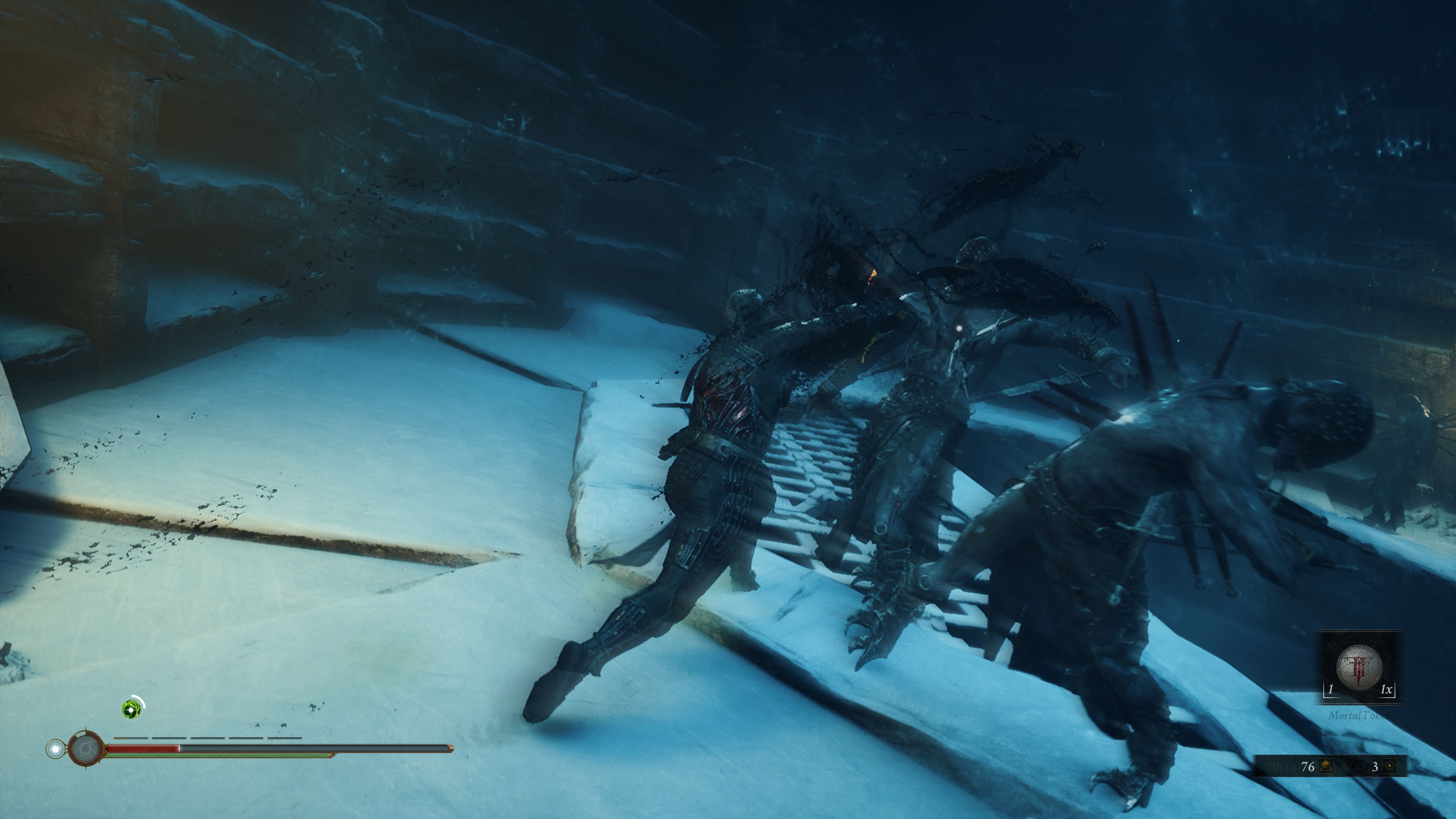
Initially, that lack of an Estus Flask makes Mortal Shell a tougher prospect than Dark Souls, because you’ve no choice but to master the tricky art of effective parrying. It doesn’t help that the parry window is tiny, and many enemy attacks are designed to throw off your timing. That said, once you figure out the rhythms of hardening, parrying and dodging, it’s possible not just to survive Mortal Shell’s enemies, but to annihilate them. Lost a chunk of health because an opponent caught you out? No problem, just stand your ground, wait for that attack, and suck out your opponent’s health like a tasty blood milkshake. It’s enormously satisfying, and generates thrilling back-and-forth within individual runs. You can feel doomed to death one minute, then claw your way back through a few well-executed parries, and make it all the way to the next checkpoint.
Once you figure out the rhythms of hardening, parrying and dodging, it’s possible not just to survive Mortal Shell’s enemies, but to annihilate them.
These three elements—parrying, hardening, and shell types—bring fantastic dynamism in Mortal Shell’s combat, and the result undoubtedly scratches that Dark Souls itch. Everything else about the game is decent, but could be better. With locations and environments, for example, most of the budget seems to have been spent on one particular area, a sprawling obsidian temple that starts out weird and gets increasingly surreal the deeper you explore. Everywhere else is mundane by comparison, gloomy forests, frigid ice-caves, haunted catacombs. It’s all nicely sculpted, but both in concept and structure, Fallgrim is no Lordran.
Weapons, too, are problematic. There are four weapons to choose from overall, but one of them—the hammer and chisel—is simply better than the other three. Not only is it conceptually cool, with you stabbing enemies with the chisel for light attacks and bludgeoning them with the hammer for heavy attacks, its speed and ability to stagger opponents is just so much more useful than the long-but-slow Martyr’s Blade and the powerful but slow Smoldering Mace. Consequently, once I acquired it, I barely touched the remaining weapons other than to find out how much worse than the hammer and chisel they were.
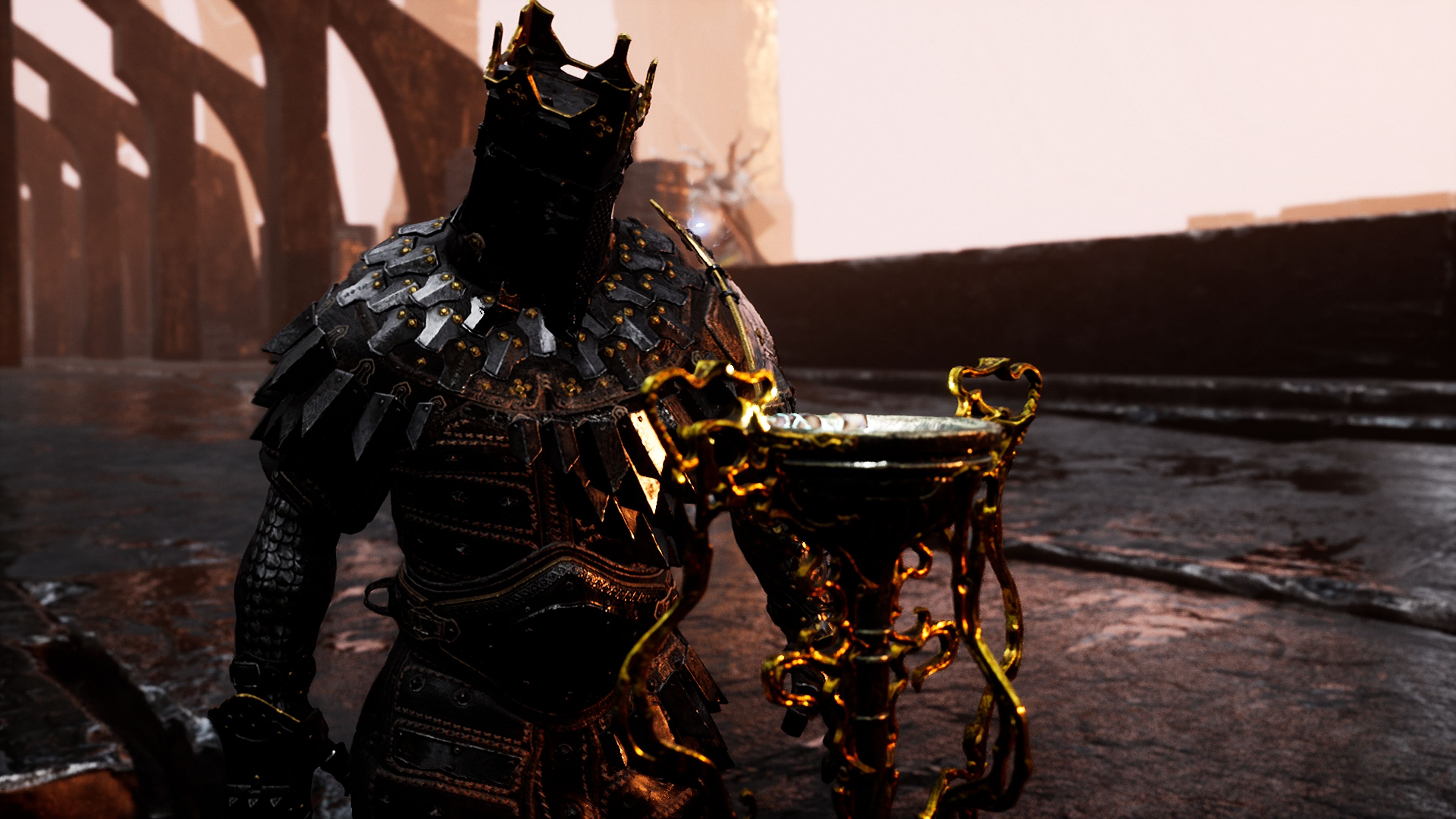
Narratively, Mortal Shell is enjoyably enigmatic. I liked how each shell has its own backstory you unlock alongside new abilities, as well as existing relationships with the NPCs you occasionally encounter in the world. When Sester Genessa, your stoic guiding light through Fallgrim’s harsh lands, is suddenly moved by the appearance of a new shell you’ve discovered, it’s a touching moment. That said, it’s difficult to gauge just how coherent Mortal Shell’s fragmented lore is. One thing I noticed is that enemies don’t always feel well attuned to their surroundings. I don’t need to read lore to know why the Bell Gargoyles perch atop Dark Souls’ Undead Chapel, why basilisks lurk in the depths, or why silver knights guard Anor Londo. They feel innate to their environment. With Mortal Shell, I don’t understand why barbarian-like warriors and dominatrix-like female assassins are wandering around the obsidian temple. At times Mortal Shell’s enemy roster feels like D&D pick-and-mix, cool to fight but not very coherent.
These are obviously higher-level criticisms, but Dark Souls is a higher-level game, and it’s fair to make such comparisons when Mortal Shell so openly invites them. Yet while no masterpiece, Mortal Shell is nonetheless a capable fighter. Both its world and story are entertaining to investigate, with glimpses of brilliance hidden amidst its gloomy environments and obscure characters. Ultimately, Mortal Shell is not a Souls game, but it is the best not-Souls game I’ve played so far.
Read our review policy
Enjoyably tough and esoteric, if a little uneven, Mortal Shell is a decent debut from Cold Symmetry.


